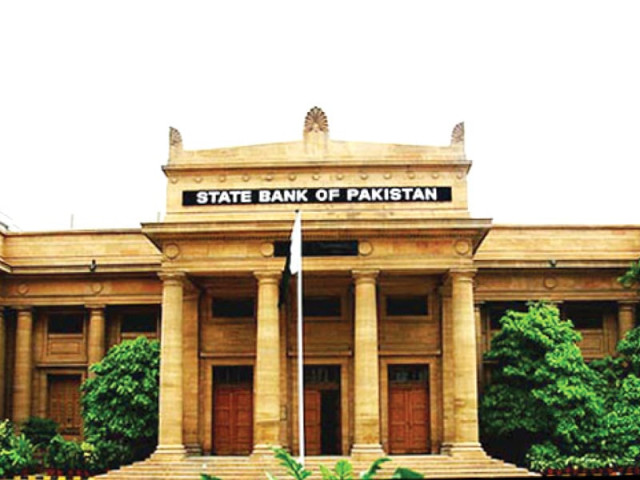‘Import relaxation, IMF funding crucial’
SBP governor says energy imports need to be curtailed

State Bank of Pakistan (SBP) Governor, Jameel Ahmad, in the first-ever SBP Governor’s Annual Report 2021-22 issued on Wednesday, reported to the parliament that the government should gradually soften its administrative control over imports and realise its financial commitments from multilateral and bilateral creditors to strengthen foreign exchange reserves.
To recall, creditors linked the release of their committed funds to the ninth review of the domestic economy by the International Monetary Fund (IMF). The review, however, has remained pending following the government’s failure to meet IMF demands.
“To maintain external stability, it is critical to ensure early realisation of financing committed by multilateral and bilateral creditors which will strengthen foreign exchange flows and provide a strong anchor to stakeholders allaying the prevailing negative perceptions,” said Ahmad in the report. “In addition, current administrative measures to contain imports are not sustainable and will need to be eased over time. In order to ensure that the overall import bill remains contained as these measures are eased, it will be critical that the envisaged fiscal consolidation in FY23 is delivered and that strong measures are taken to curtail energy imports,” he added. “This baseline outlook is subject to risks from global commodity prices, domestic supply shocks, the fiscal stance and completion of the IMF program,” explained Ahmad.
The governor submitted the report to the parliament in accordance with Section 39(1) of the SBP Act 1956 (as amended up to January 2022).
At slightly less than 3% of the Gross Domestic Product (GDP), the current account deficit (CAD) in FY23 is expected to moderate compared to the outgoing year (FY22), in line with the slowdown in economy.
In addition, the “expected decline in global oil prices and a slowdown in the pace of rate hikes by other central banks could ease pressure on the external account and its financing,” Ahmad said in the report.
“In the baseline, headline inflation in FY23 is expected to rise to 21-23%. Food has been a major contributor to headline inflation, and this trend is expected to continue during FY23 owing to supply shocks stemming from flood-induced losses to agriculture,” he commented.
“Core inflation is on a rising trend, suggesting second-round effects from supply shocks and rising inflation expectations. Subject to a monetary policy stance which prioritises price stability, fiscal consolidation and measures to contain food prices, inflation is projected to decline toward the upper range of the 5-7% medium-term target by the end of FY24, supported by the lagged effects of tight and coordinated policies, the normalisation of global commodity prices,” said the report.
Published in The Express Tribune, December 22nd, 2022.
Like Business on Facebook, follow @TribuneBiz on Twitter to stay informed and join in the conversation.


















COMMENTS
Comments are moderated and generally will be posted if they are on-topic and not abusive.
For more information, please see our Comments FAQ